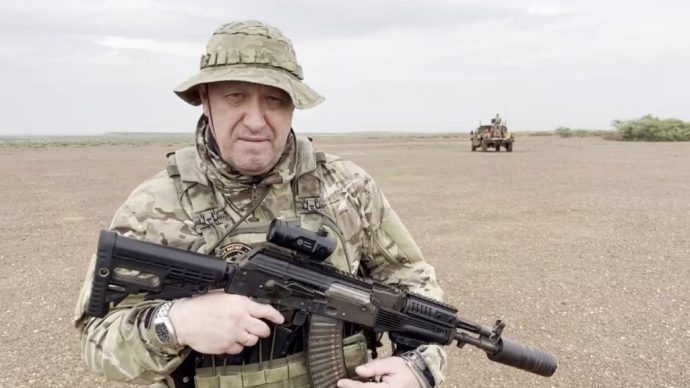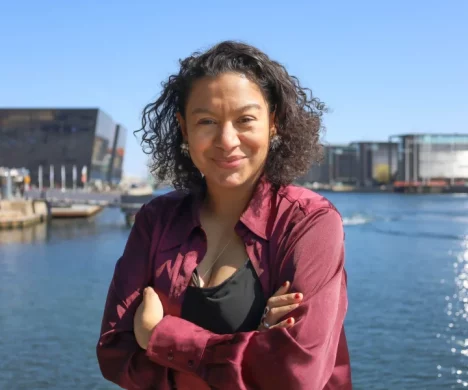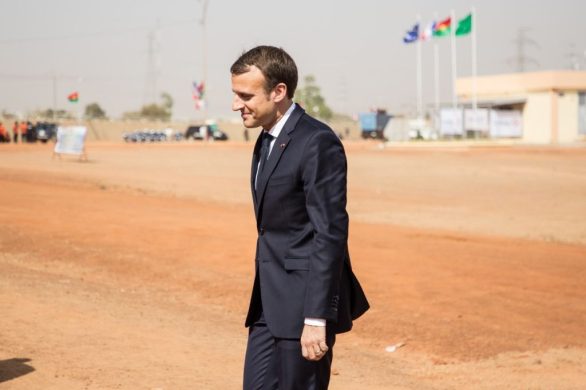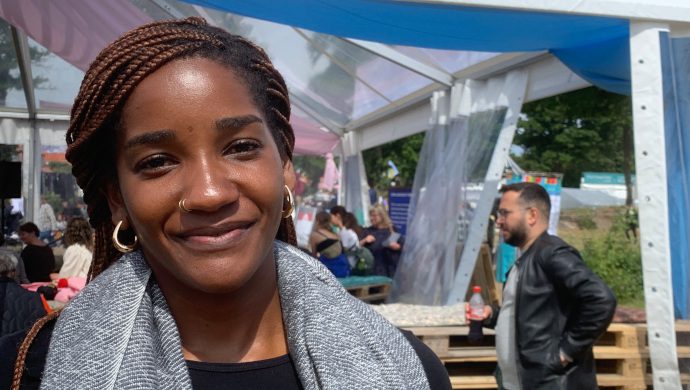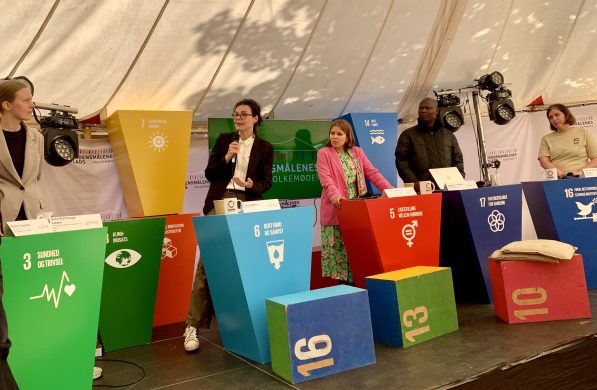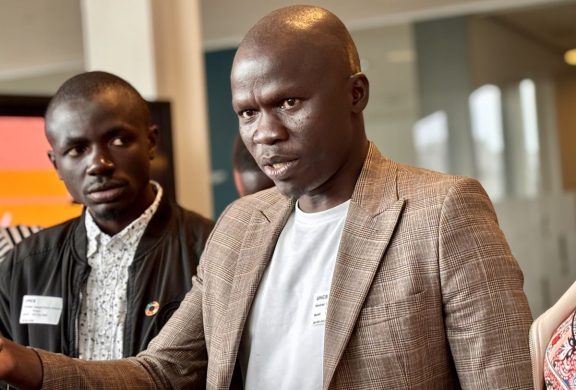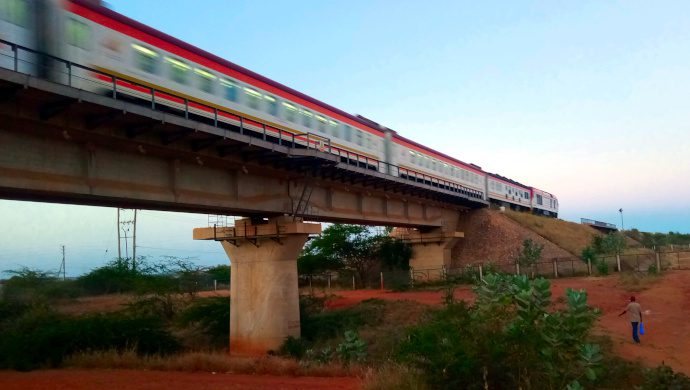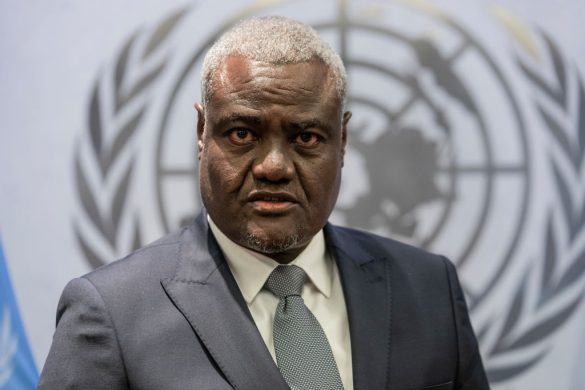Sudanerne strømmer til valgstederne, hvor det i denne uge afgøres, om Sydsudan skal være en selvstændig stat. Folkeafstemningen er en del af den fredsaftale, der blev indgået i 2005 efter 20 års borgerkrig.
JUBA, SUDAN, 11 January 2011: In Juba, one woman said to UNDP, “This is the moment that we were waiting for, we didn’t want to kill one another; we just wanted to have our say.”
For the referendum’s outcome to be legally binding, 60 per cent of registered voters are required to cast ballots, or the process must be repeated within 60 days of the results.
Local groups, supported by the United Nations Development Programme, are finishing months of voter education crucial to the referendum’s success.
When Southern Sudanese began casting their ballots, voter awareness appeared strong: 90 per cent of those surveyed knew the date of the referendum; 95 per cent knew the location of polling stations; and 98,5 per cent indicated they intended to vote in the referendum.
Working with the UN Mission in Sudan through the joint UN Integrated Referendum and Electoral Division (UNIRED), UNDP is managing a 58 million us dollar basket fund comprising the bulk of international assistance to the referendum process, some10 million of which is allocated specifically for voter education.
The Southern Sudan Referendum Commission (SSRC) – responsible for planning, organizing and conducting the Southern Sudan referendum – was only established in July 2010 and became functional in September 2010, however, leaving just a few months to register voters and prepare for the referendum.
Under those extreme time constraints, the UN moved quickly to supporting the Commission to hold the referendum on schedule. UNDP-supported organizations have raised awareness of the referendum process to promote voter registration, participation, and ensure eligible voters can exercise their right to vote – especially among vulnerable and traditionally marginalized communities, such as women, young adults, disabled persons, and citizens in rural communities or with low literacy levels.
Key initiatives included working with Transporters Association to reach all of Southern Sudan, Deng Foundation to reach persons with disabilities, and a number of women-focused groups.
During the registration period, UNDP-managed funds also helped set up and supply some 3.000 referendum centres, supported the training of registration staff and polling staff by the SSRC, as well as the training and funding of 65 civil society organizations in both the South and North to conduct voter education.
For the polling period, UNDP also worked with International Organization for Migration to fund 154 civil society organizations in the South and North to carry out voter education activities, while UNIRED trained the organizations.
And in partnership with the United Nations Development Fund for Women, UNDP helped to fund and train 24 organizations specifically to enhance women’s participation in the referendum.
To deliver referendum information and materials as widely as possible, UNIRED used not only conventional media to communicate directly with citizens, but also funded workshops for religious leaders, teachers, traditional chiefs and representatives of local organizations – who carried the message with them back to their home communities. All of these activities were organized by SSRC and its subsidiary bodies with support from UNIRED staff on the ground.


